The Solution to Reading Comprehension
Lessons & Units
Vocabulary in Context 4th Grade Unit
Lessons
Lesson 1 Choosing the Right Strategy Use multiple strategies to determine the meaning of a word in context.
Unit Extension Ideas
- Use multiple strategies to determine the meaning of vocabulary words in the Concepts of Comprehension Reading Passages. Create footnotes with the definitions of these words.
- Use a bookmark or create a poster of strategies to hang in the classroom that students can use to read new vocabulary and understand the meaning of the words. You can add any ideas to the bookmark/poster included in this unit. More advanced students can create their own bookmarks or posters of strategies they find useful. (See Additional Activity A in Teacher and Student Materials below.)
- If computers are available, teach students how to use an online dictionary to find the meaning of words from literature groups.
- Introduce additional prefixes to the students, or have them participate in a prefix scavenger hunt.
- Teach students how to use a thesaurus and find synonyms or antonyms for words. They should use parts of speech and the context of the sentence to determine which synonyms or antonyms are appropriate. Have students create an ongoing list of synonyms and antonyms for frequently used words. They can then use this list as a reference when writing.
- Students can create their own personal dictionaries of words they have looked up in independent reading or literature groups. Students can use a thesaurus and add synonyms and antonyms to the definitions. Students can also make their own math, science, or social studies dictionary based on new vocabulary words that they learn from a unit of study.
- Students should use a thesaurus to replace ordinary words with new vocabulary in their writing. Students should revise stories to include new vocabulary. For example, “I was sad” could be re-written as “I was devastated.” Have them circle the words that they want to replace and use a thesaurus to find additional words.
- Create a boring words list that students can no longer use in their writing. Brainstorm more interesting vocabulary to use instead. For example, “big” could be replaced with “huge,” “gigantic,” or “enormous.”
- Students should create a glossary or footnotes in their own nonfiction writing projects.
- Have students create their own appositives or contrasting statements to use in their writing assignments.
More Books for Teaching Vocabulary in Context
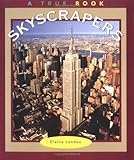
Skyscrapers
- Lexile
- 750L
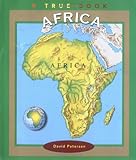
Africa
- Fountas and Pinnell
- R
- Lexile
- 910L
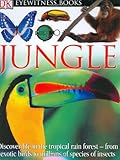
Jungle
- Fountas and Pinnell
- V
- Lexile
- 1150L
Unit Reading Passages
Lesson Plans
- Skill & Strategy Units
- Comprehension Units
- Novel Study Units
- Reading Passages




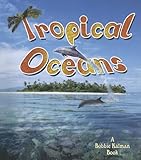

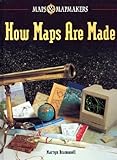










This is just amazing!
Extremely helpful and useful.
Your site was extremely helpful to me to obtain a quick lesson plan that I needed.
Thank you! This will be so helpful!
Your resource makes it easy for me to wrap my head around what I need to teach! Thank you!
Great student tools!
A very helpful resource. Thank you
WOW!